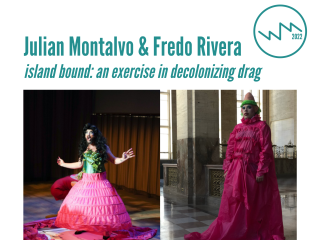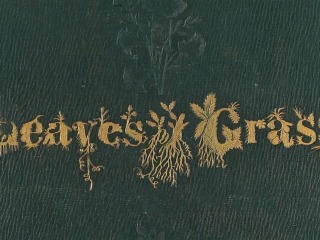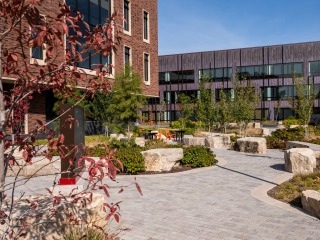Sarah Beisner ’22 Receives Celina Karp Biniaz Model of Resilience Award
Beisner, a class of 2022 graduate from Grinnell, Iowa, and originally from Denton, Texas, majored in psychology and Spanish with the intent of pursuing a graduate degree in social work and public policy.










